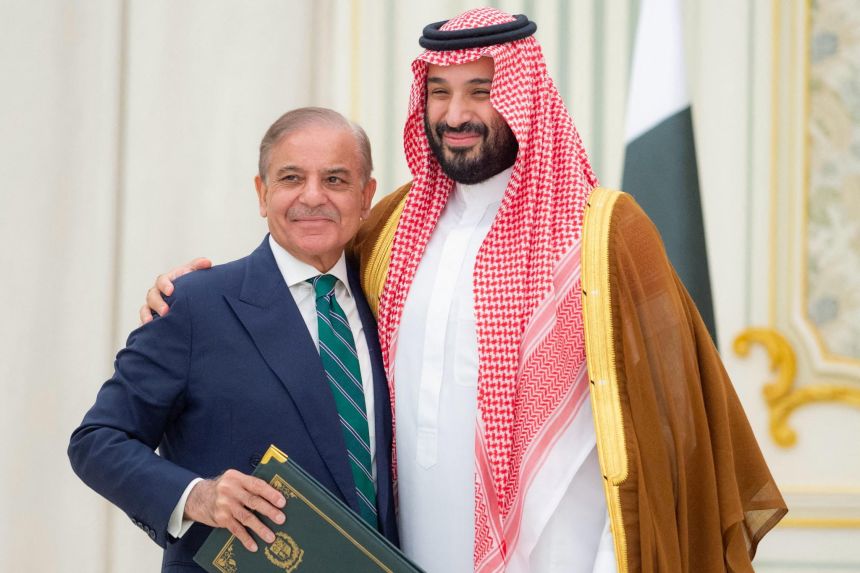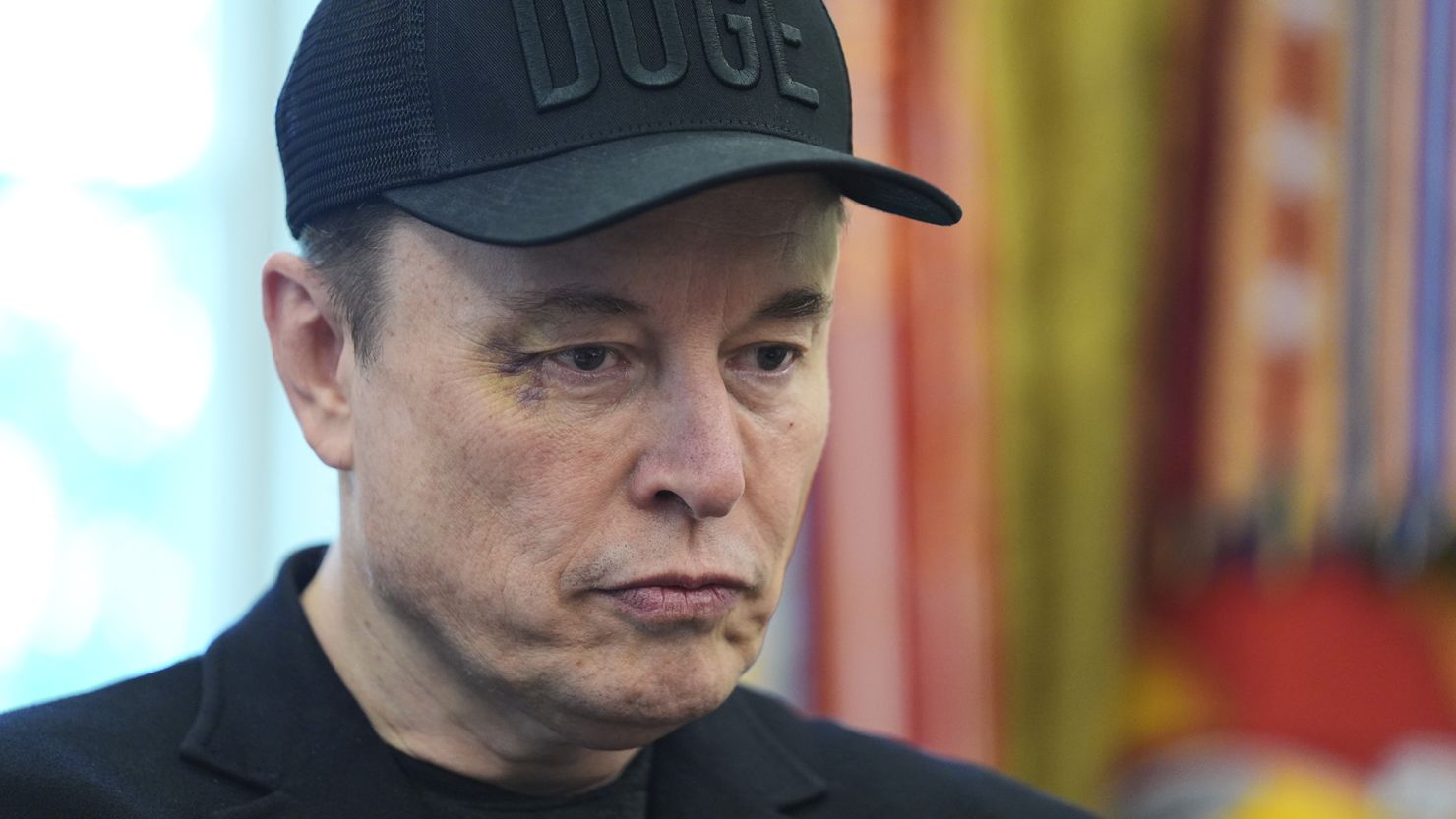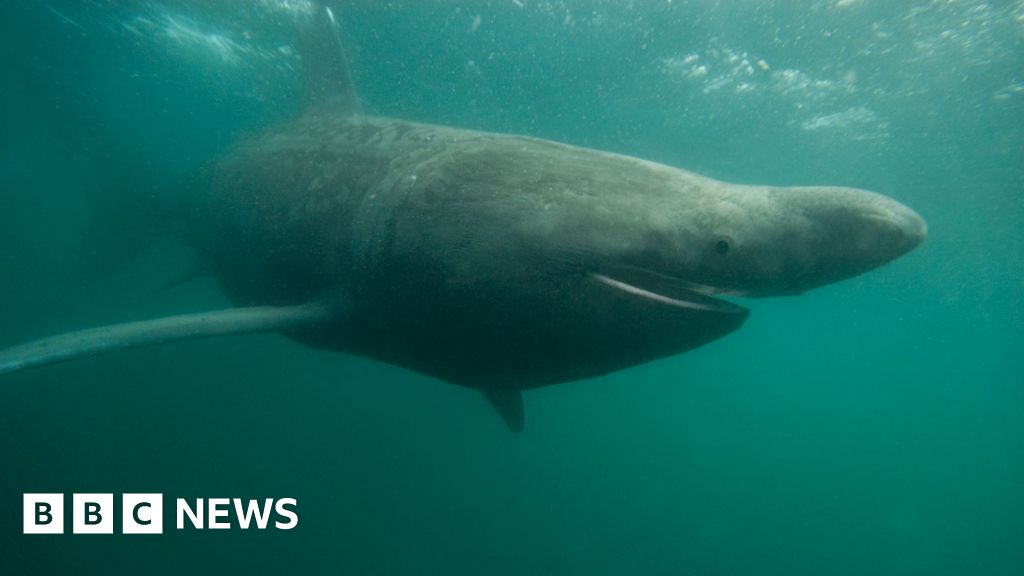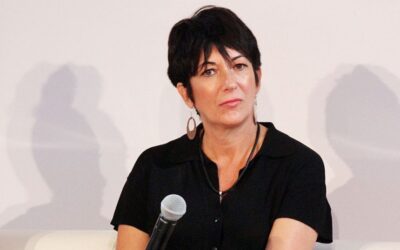After Pakistan’s first nuclear test in 1998 landed it under international sanctions and diplomatic isolation, the country turned for help to a longtime ally: Saudi Arabia.
Khalid Mahmood, then Pakistan’s ambassador to Riyadh, requested an urgent meeting with King Fahd bin Abdulaziz. The Saudi monarch objected to the test, but nevertheless pledged to “support you more than you expect,” according to Mahmood. The very next day, Pakistan was promised $3.4 billion in Saudi financial support, funds that helped Islamabad proceed with a second nuclear test, the ambassador said.
That moment helped shape Pakistan’s role, in the eyes of many, as a de facto nuclear shield for the kingdom.
So when Saudi Arabia and Pakistan signed a mutual defense agreement on Wednesday, it reignited speculation over whether Riyadh might now formally fall under Islamabad’s nuclear umbrella. “This is a comprehensive defensive agreement that encompasses all military means,” a Saudi official told Reuters.
The deal includes defense industry collaboration, technology transfer and military co-production, according to Jamal Al Harbi, the media attaché at the Saudi embassy in Islamabad. Writing in Arab News Pakistan, a Saudi state-linked outlet, he added that “capacity-building and training” were also part of the agreement.
Continue reading the complete article on the original source



